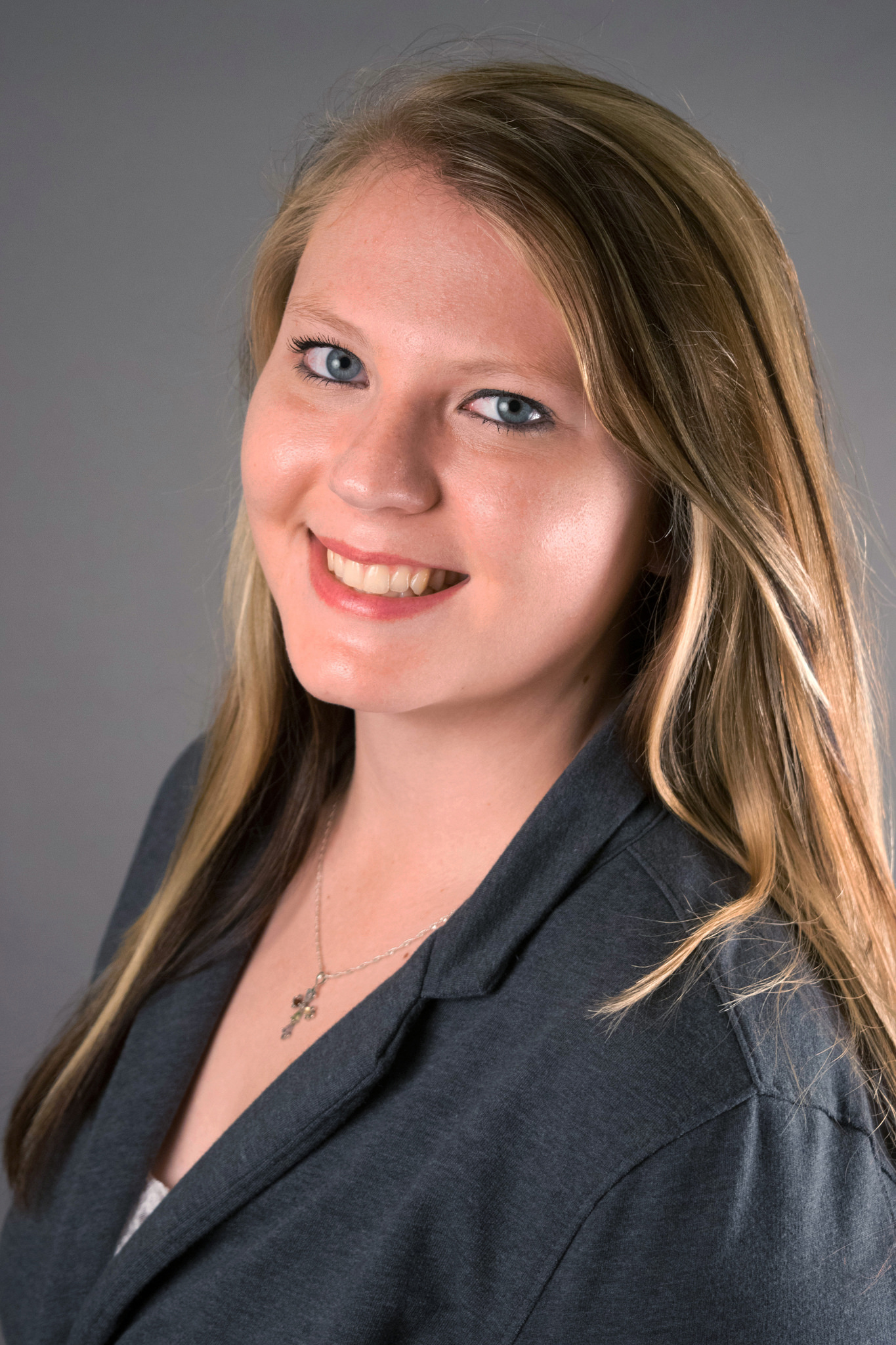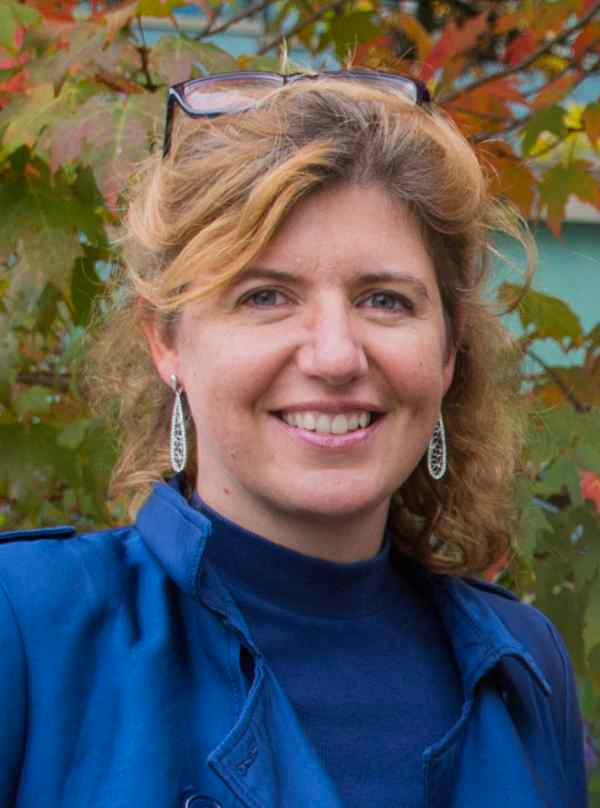Celebration of Scholars
Intercultural Dialogues Explored Through Web-Documentary
 Name:
Stephanie Miske
Name:
Stephanie Miske
Major: French & Graphic Design
Hometown: Green Bay, WI
Faculty Sponsor:
Other Sponsors:
Type of research: Course project
 Name:
Isabel Rivero-Vila
Name:
Isabel Rivero-Vila
Department: Humanities
Type of research: Course project
Abstract
While on sabbatical during the academic year of 2016-2017, Professor Isabel Rivero-Vila completed a web documentary which explores aspects of French culture such as immigration, gastronomy, student life, art, etc. She interviewed fifteen locals living near Nantes, France, about their personal opinions and first-hand experiences regarding the aforementioned themes, and compiled the interviews to create her web doc. Professor Rivero-Vila’s web doc was used as the primary resource of instruction for the first time during the fall semester of 2017 in FRN 400AW. Each week, the course focused on a different cultural theme taught through the web doc and a community engagement activity, where students conducted interviews and created videos featuring their peers’ opinions and experiences with the same topic. The goal of using this instructional methodology for FRN 400AW was to allow students to explore modern francophone cultures through film and multimedia and to encourage students to examine their own culture in the United States. Having experienced and conducted first-hand interviews with French and American locals, in relation to the cultural themes, students were able to draw comparisons between the two cultures, furthering understanding of both. In addition, the results indicated that over time students showed a broader understanding of different French dialects, more easily reflected upon their community and culture without prompt, and displayed an increased cultural competency of both cultures.
Submit date: March 19, 2018, 11:57 p.m.
